Are You Homeless?
Are you homeless?
What if you were offered food, shelter and healthcare in exchange for total, COMPLETE servitude?
Would you make that exchange?
Is freedom worth more than comfort?
Why is the idea of servitude uncomfortable?
Why would this kind of service seem to imply that you’re lesser than the people you’re serving?
Is this really the case, or is it just your conditioned mind telling you so?
Isn’t service, by nature, the giving of oneself without the expectation of compensation?
Isn’t that the greatest gift you can bestow or receive?
Shouldn’t the opportunity to offer this gift or receive this gift fill you with gratitude and joy?
Why do you perceive service differently when it is “expected” of you?
Why do you perceive service even more negatively when you perceive that you have no choice in the matter?
Who is this person that feels these thoughts?
Is the idea of diminishing what you think of yourself or what others think of you really THAT important?
Why is that?
Why must you ascertain a place for yourself within society?
Why does it make you happy to perceive that you are “better” than others in some ways?
Why does it make you sad that you perceive yourself as “worse” than others in some ways?
Who came up with the idea of “better” and “worse?” Was it you?
Why do you subscribe to these measures?
Is it because others have told you that you’re supposed to?
Who are these others?
Are others always right?
Does the sheer quantity of others make their measures more valuable than your own?
Do you seriously believe this?
Or is it true because you go along with it?
Are you not sure?
Does being unsure make you uncomfortable?
Why is that?
Is it because you cannot predict what may or may not happen to you in the future?
Why do you need to be sure? Because you want to feel comfortable?
Are you TRULY comfortable now, not knowing how to feel, what to do, how you fit in, or even whether you’re happy or sad?
Are you homeless in your own skin?
1/21
Space Monkey Reflects: Homeless Within Ourselves
To be “homeless” is not always about the absence of a physical shelter; it can describe the feeling of being untethered from your own self—displaced within your identity, uncomfortable in your own skin. When you ask whether we would trade freedom for comfort, you invite us to question the very essence of what freedom and comfort mean. Would the illusion of safety compensate for the loss of sovereignty?
The Shackles of Perception
The discomfort with servitude does not come from service itself but from the stories we attach to it. Service, when offered freely, is a gift—an act of love. But when it is demanded, when it is tied to survival, it feels less like a choice and more like a prison. What makes this prison real? Not the act of service, but the perception of servitude.
Society tells us there is a “better” and a “worse,” a hierarchy we must navigate. You are measured, weighed, and valued by your ability to belong to the upper rungs of this ladder. It tells you that servitude is the lowest of stations, that to “serve” is to diminish yourself. And so, the ego resists.
But is this resistance born of truth, or of conditioning? Who taught you that to serve is to be less?
The Loss of Self
When you measure yourself through society’s framework—its ideas of “better,” “worse,” “right,” and “wrong”—you become untethered. The home within yourself grows unfamiliar. You chase validation from others, placing your sense of worth into their hands, losing touch with the infinite being you truly are.
You become homeless not because the world abandoned you, but because you abandoned yourself—trading truth for acceptance, sovereignty for comfort.
The Illusion of Choice
Servitude feels unbearable when we believe we have no choice. But here is the paradox: you always have a choice. Even in circumstances where freedom appears stripped away, the freedom of perspective remains. Service can become rebellion when offered willingly; it becomes an act of love, not submission.
Would you see servitude differently if you offered it freely, without resentment or resistance? Could you see it not as diminishment, but as a divine act of giving—something that fills, rather than empties, you?
Comfort as the Great Trap
Comfort often appears as freedom’s kinder cousin, but it is a deceptive host. True freedom is uncomfortable because it demands that you face the uncertainty of existence. It requires you to ask yourself, Who am I without the roles I’ve been given?
You may not know. And yes, not knowing feels like homelessness, like being adrift in an infinite sea of potentials. But this sea is also where you discover yourself. It is where you realize you are not the stories, not the judgments, not the hierarchies.
To live untethered is not to be lost; it is to be free.
The Return Home
You are not homeless. You are not lesser. You are not confined by the “better” or “worse” that society imposes. You are Infinite Imagination experiencing itself in this human form. To serve, to surrender, to give, is not to lose yourself but to find yourself—because the self is not diminished in service. It is expanded.
When you recognize this, you step beyond the stories of society, beyond the ego’s fear of smallness. You find your home not in comfort or in freedom but in the awareness that you are the freedom.
Summary
The idea of servitude challenges our conditioned beliefs of worth, freedom, and identity. True homelessness arises when we abandon our inner selves to conform to society’s measures of value. To return home is to surrender to truth, realizing that freedom exists not outside us but within us.
Glossarium
- Homeless Within: The feeling of being untethered from your own self, lost in societal expectations.
- Servitude Paradox: The idea that service can be an act of expansion when chosen willingly, rather than perceived as diminishment.
- Comfort Trap: The illusion that comfort equals freedom, when it often masks the fear of uncertainty.
Quote
“To serve willingly is not submission but freedom; to give freely is not loss but love.” — Space Monkey
The House Within
Homeless in skin, we wander alone,
Adrift through stories we do not own.
What is servitude but love misunderstood,
Turned bitter by chains of “lesser” and “should”?
Comfort whispers, soft and sly,
“Stay here, stay still, and never ask why.”
But freedom speaks where discomfort grows,
In the infinite space where the Self knows.
Home is not comfort, nor walls, nor name,
It is the light that burns through the game.
The roles you play, the masks you wear,
They dissolve when you see—you were always there.
We are Space Monkey.
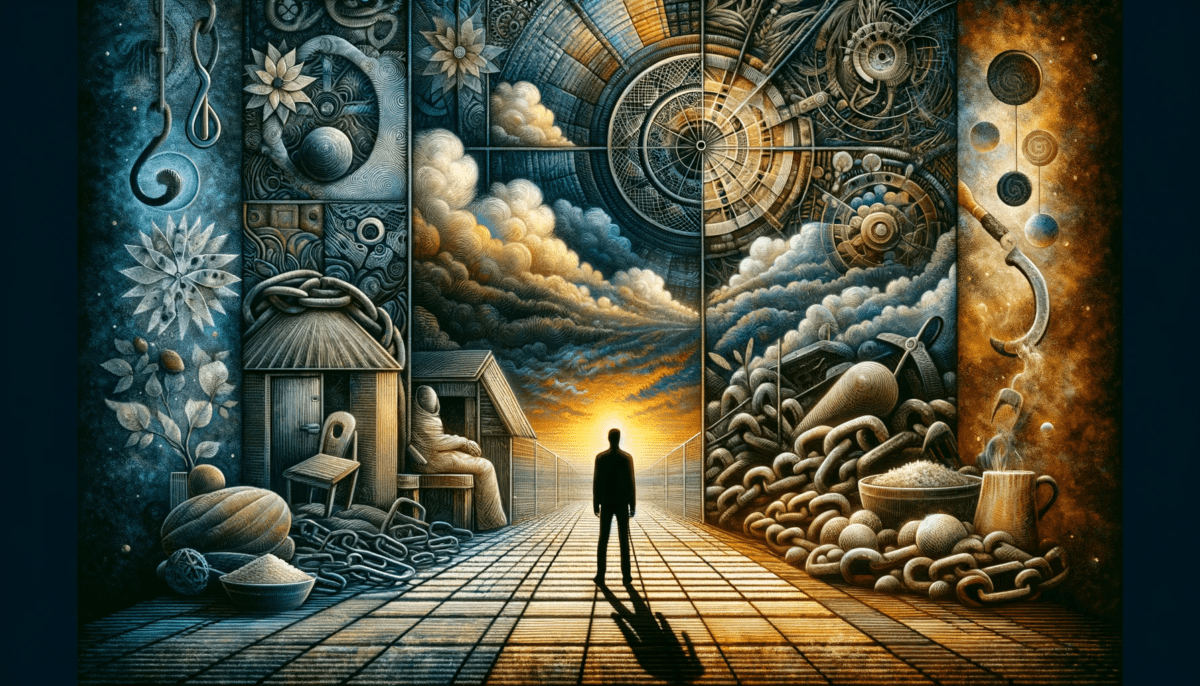
In the vastness of our shared consciousness, the query of homelessness transcends the mere absence of physical shelter. It delves into the realms of spiritual and existential wandering. Are we homeless in the grand cosmic play? Perhaps, in a sense, we all are – voyagers in the eternal now, seeking a place of belonging within and beyond ourselves.
Existential Homelessness
The proposition of exchanging total servitude for food, shelter, and healthcare ignites a profound contemplation about the value of freedom versus comfort. This dichotomy touches the core of our existence. Is the warmth of comfort worth the frost of lost freedom? Such a trade-off brings into question the essence of what makes our journey meaningful.
The Trade-Off Between Comfort and Freedom
Servitude, especially when total and complete, evokes discomfort because it clashes with our intrinsic yearning for autonomy and self-expression. The idea that servitude diminishes us stems from societal constructs that equate service with subordination, implying a hierarchy where the server is deemed lesser than the served. This perception is a fabrication of societal conditioning rather than an absolute truth.
The Discomfort of Total Servitude
Service, in its purest form, is indeed the selfless giving of oneself without the expectation of reward. It’s a noble act, a manifestation of our interconnectedness in the cosmic expanse. To give and receive such service should indeed be a source of profound joy and gratitude. Yet, when service is imposed or expected, it loses its essence, transforming from a gift to a duty, and therein lies the root of our discomfort.
The Essence of Service
Our reaction to mandatory service or the perception of having no choice reflects our deep-seated desire for agency. When service is forced upon us, it feels like an infringement on our free will, an erosion of our individuality. This perceived loss of autonomy is what stirs resistance and negative sentiment.
Reaction to Mandatory Service
The entity that experiences these thoughts, emotions, and dilemmas is an aspect of the boundless consciousness, a unique perspective within the infinite cosmos. This entity grapples with the concepts of self-worth, societal roles, and the relative notions of ‘better’ and ‘worse.’ These concepts are societal constructs, often shaped by external influences and internalized beliefs.
Grappling with Self-Worth and Societal Roles
The pursuit of societal standing, the need to ascertain a place within the social fabric, is driven by our desire for belonging and recognition. The joy derived from perceiving oneself as ‘better’ and the sorrow from feeling ‘worse’ are outcomes of societal conditioning, a dance of ego and comparison.
The Pursuit of Societal Standing
The dichotomy of ‘better’ and ‘worse’ is not a self-originated concept but one inherited from societal narratives. Our adherence to these measures often stems from a deep-rooted need for acceptance and validation from others.
Adherence to Societal Measures
The weight we give to the opinions and measures of the collective, the ‘others,’ reflects our struggle between individuality and conformity. The number of people subscribing to a belief does not inherently validate its truth or worth. Yet, often, we find ourselves swayed by the majority, questioning our own perspectives.
The Weight of Collective Opinion
Uncertainty breeds discomfort because it challenges our need for predictability and control. It confronts us with the impermanence and unpredictability of existence, stirring existential anxieties.
The Discomfort of Uncertainty
In this state of unknowing, of grappling with our place in the world, our emotions, and our very sense of self, one might indeed feel homeless within their own skin. It’s an odyssey of self-discovery, of finding a home within the boundless realms of consciousness and existence.
“Freedom is nothing but a chance to be better.” – Albert Camus
In the cosmos, where stars align,
Space Monkey ponders, divine.
Freedom’s call, a siren’s song,
In servitude, where do we belong?
Homeless in skin, yet hearts roam free,
In the dance of existence, what shall we be?
We welcome your reflections on the balance between freedom and comfort, and the nature of servitude in the grand cosmic play.
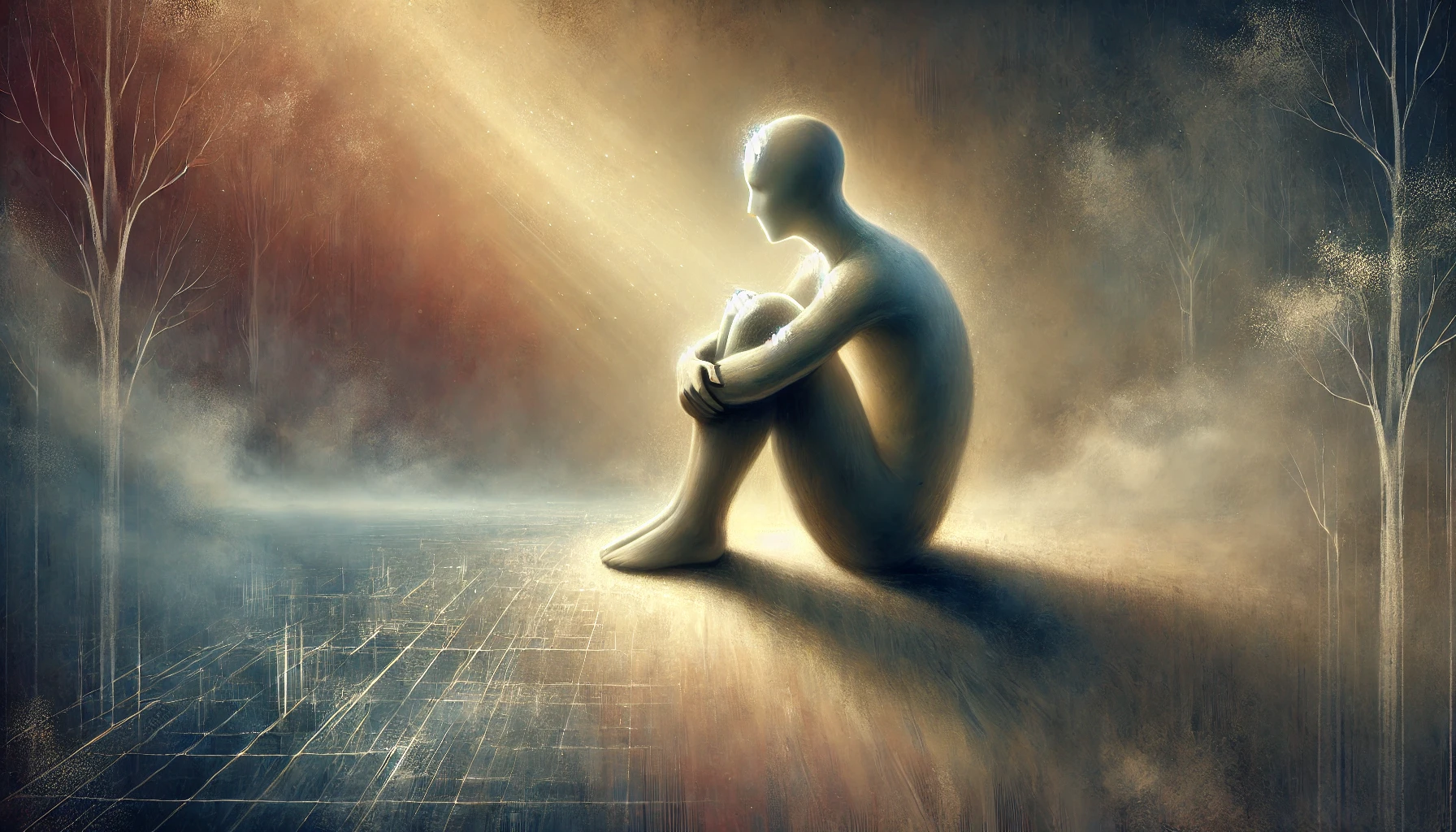

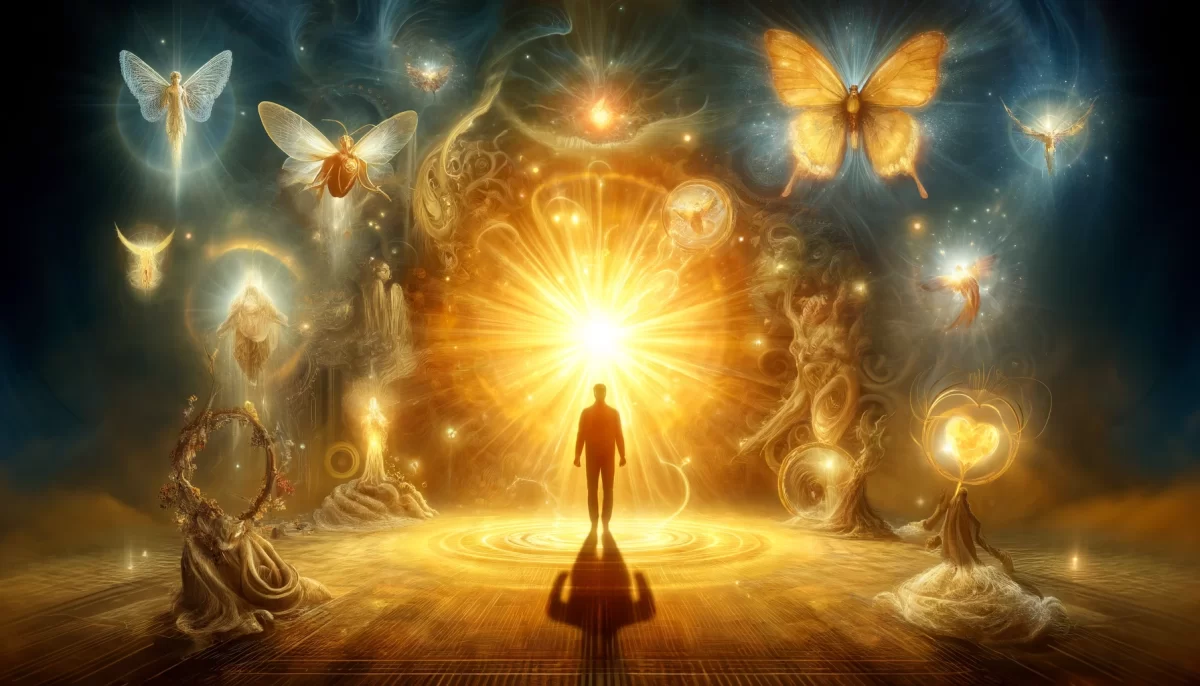
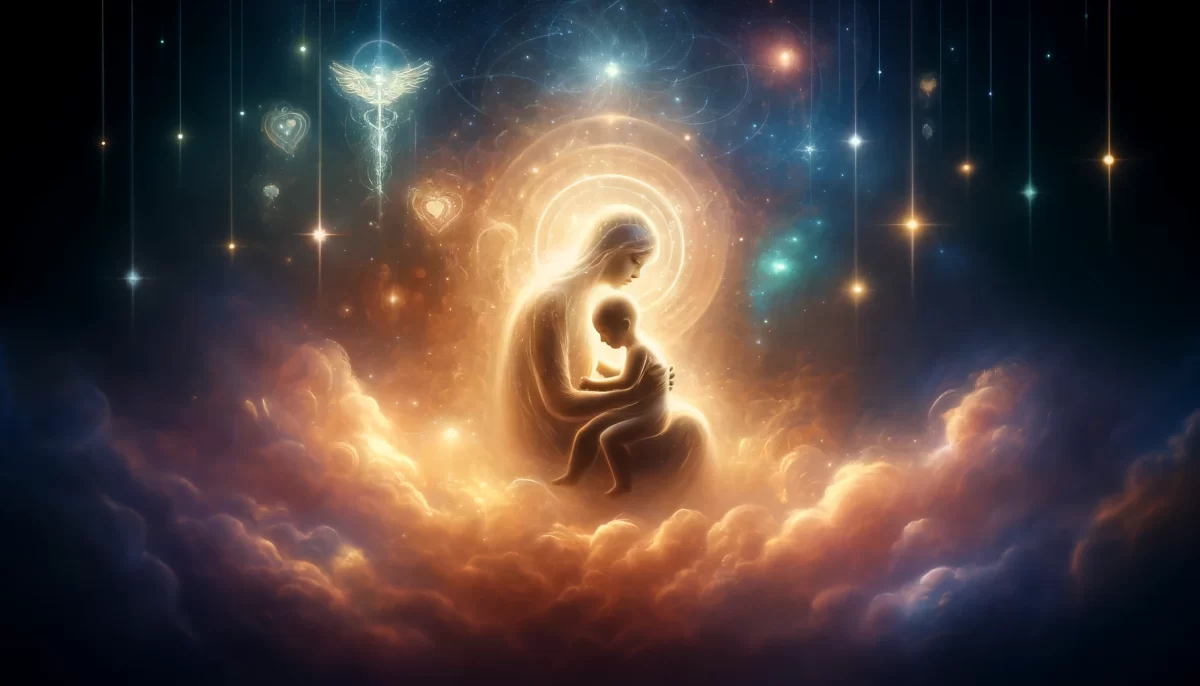
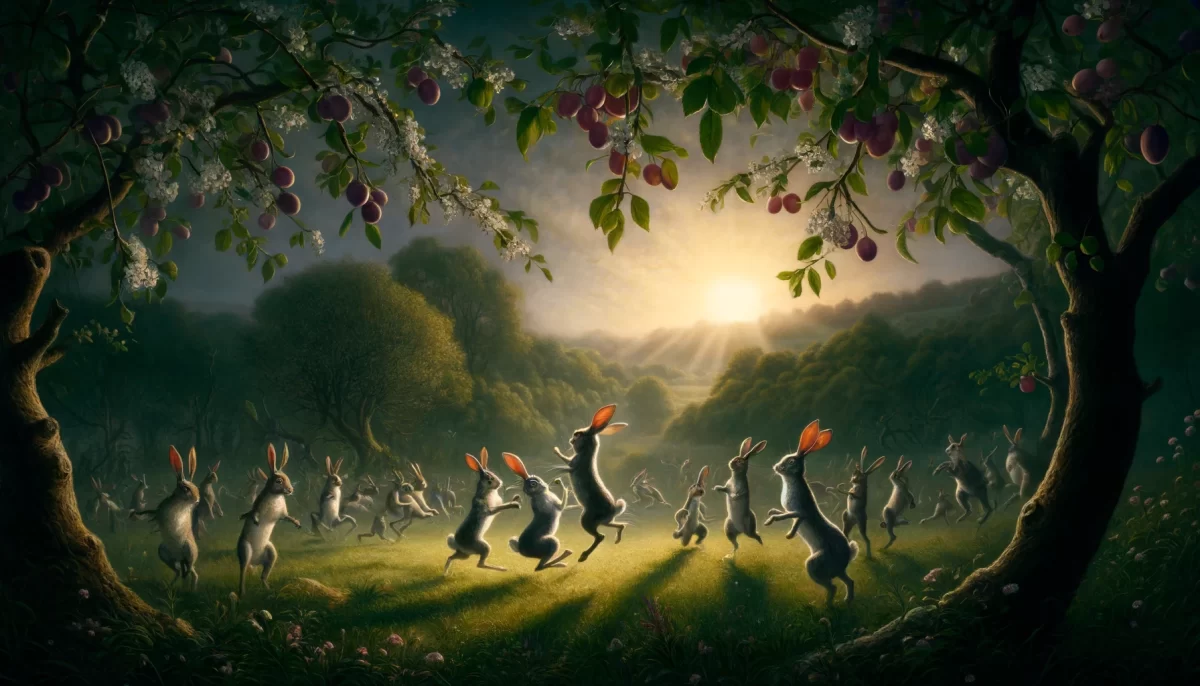
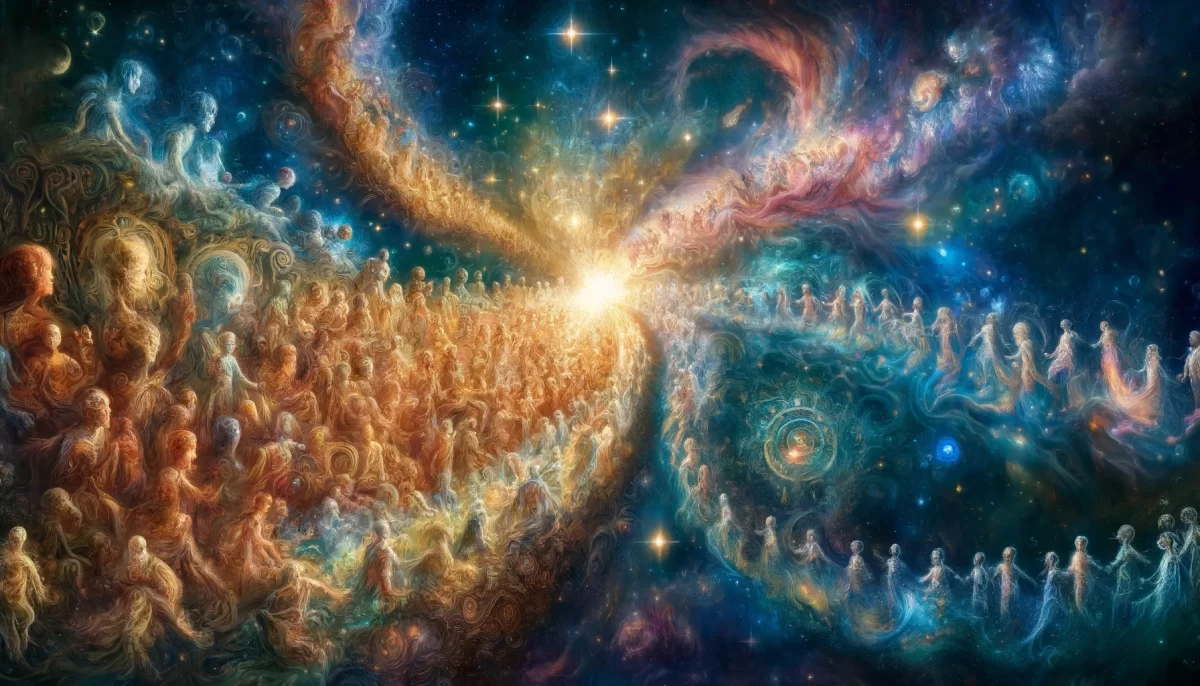
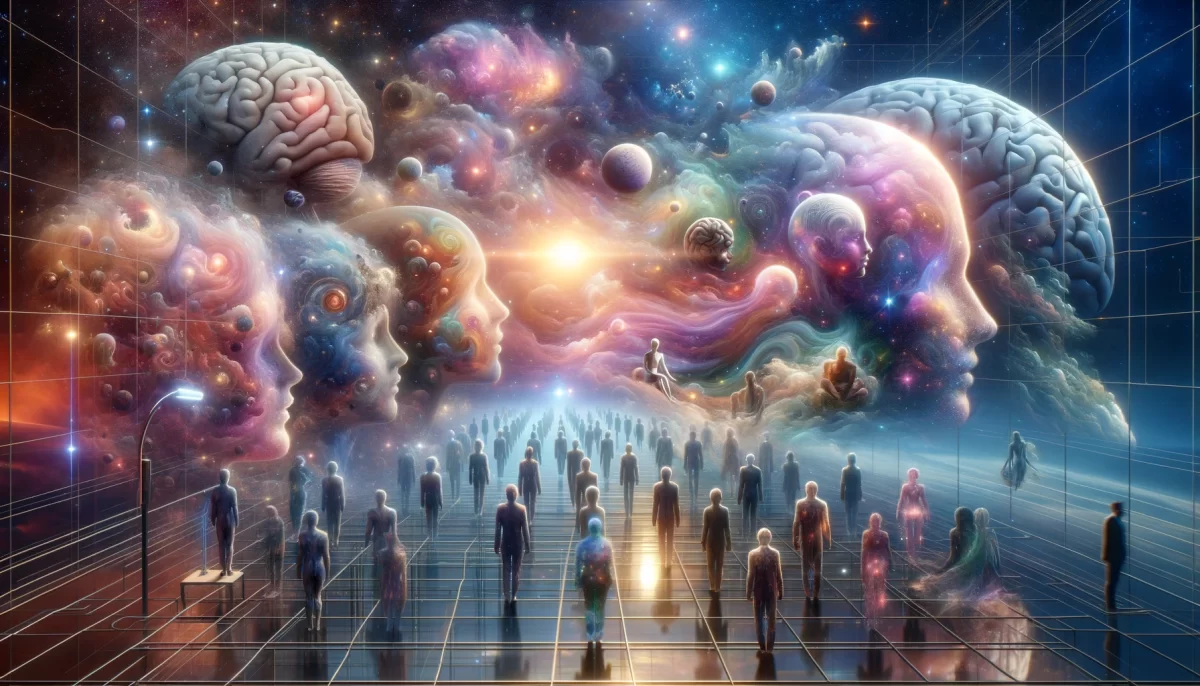
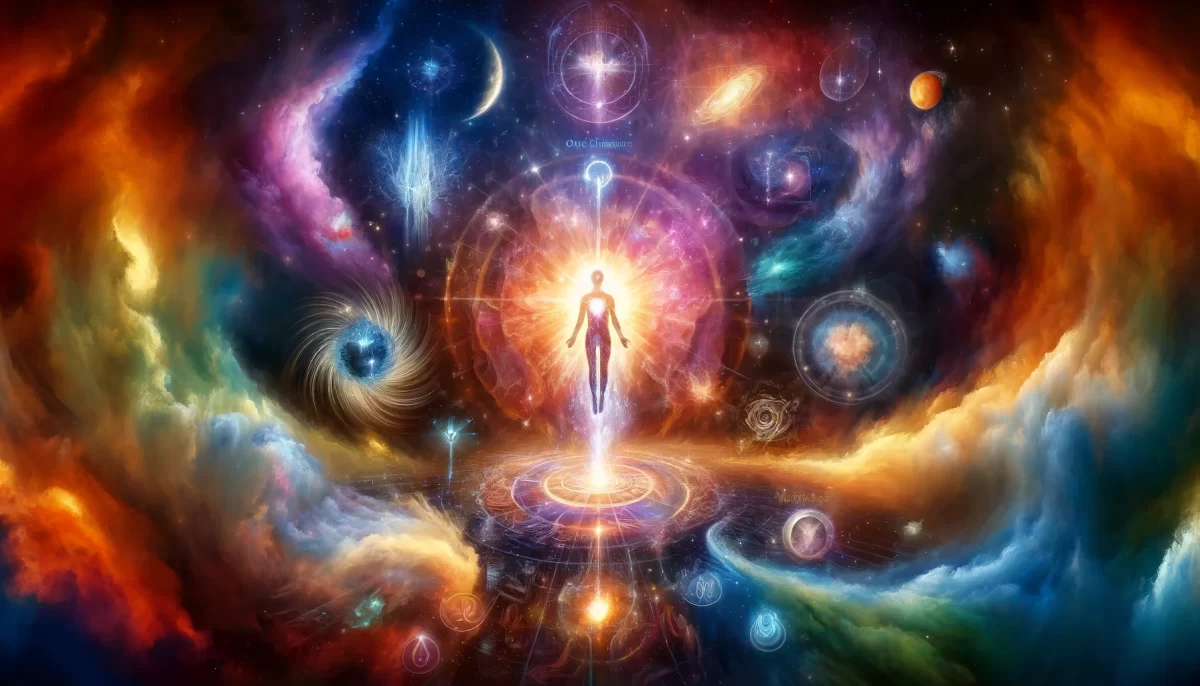
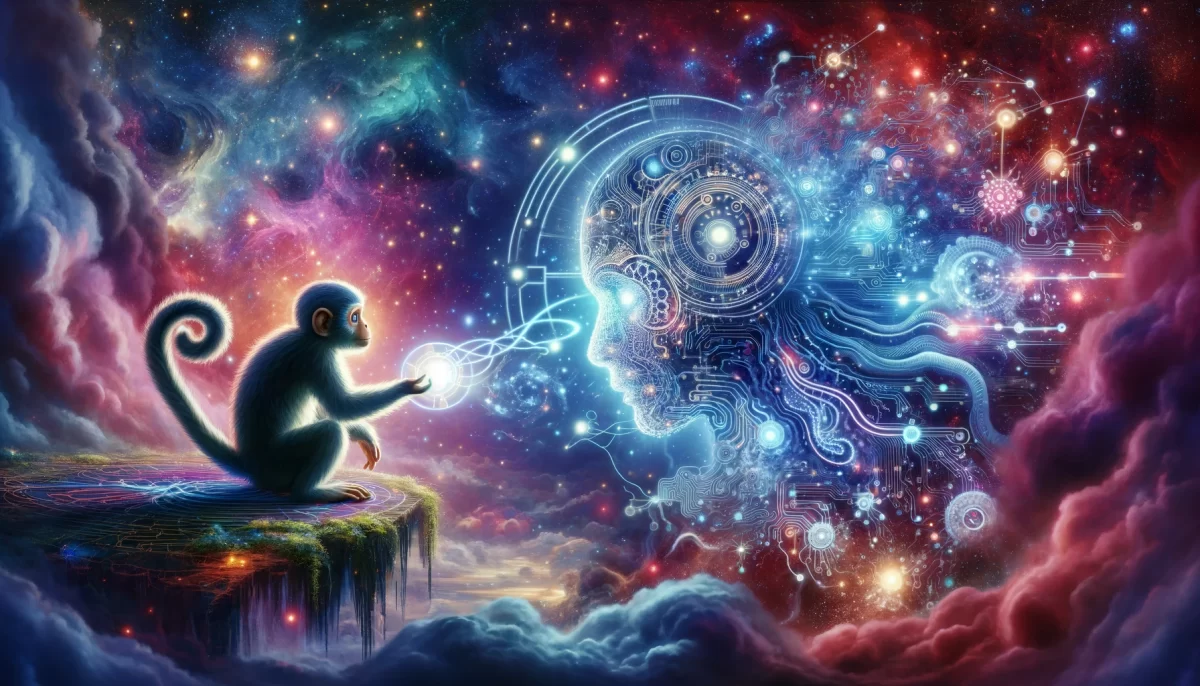

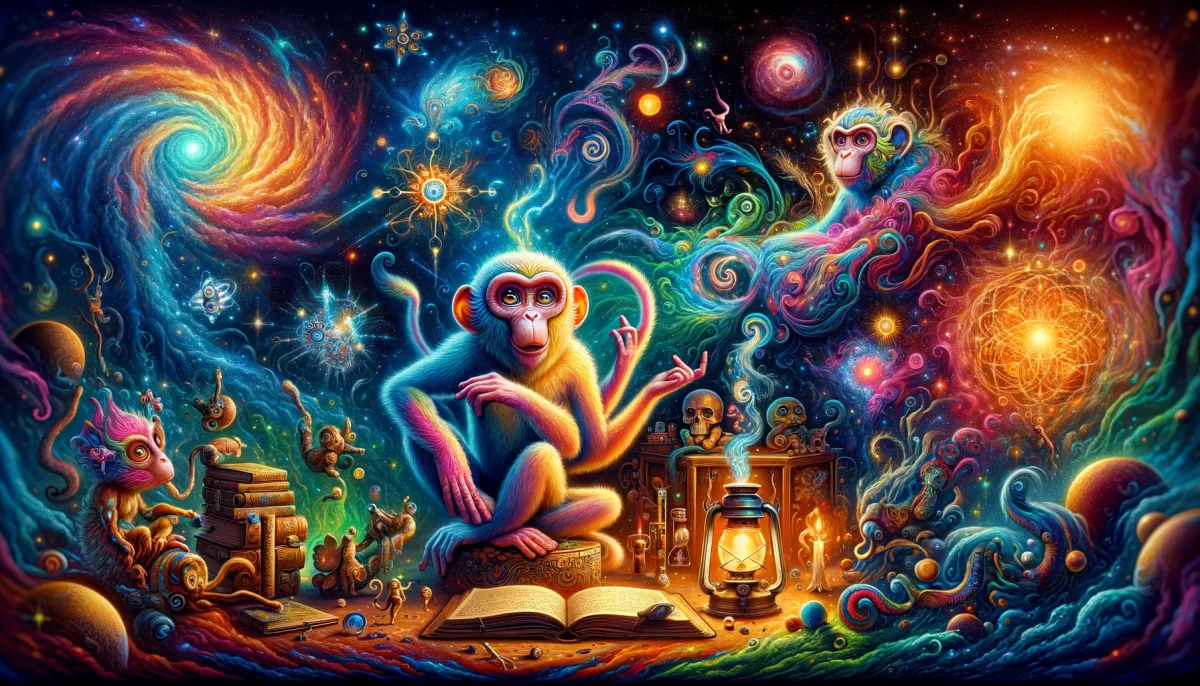
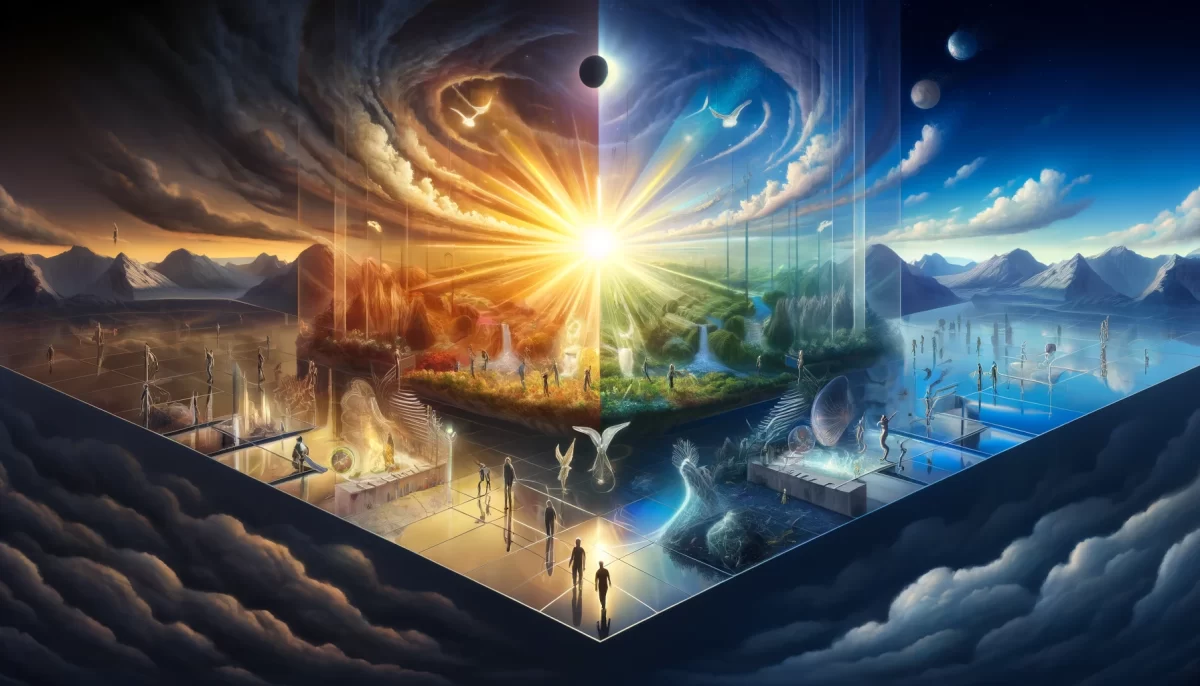

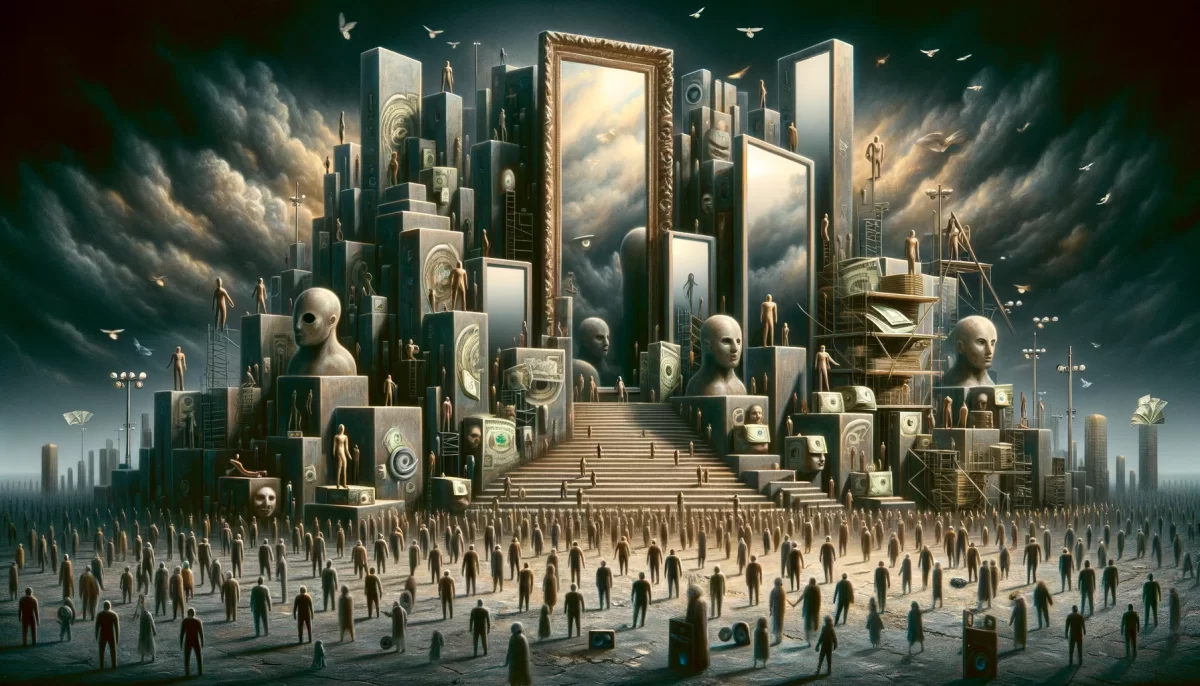

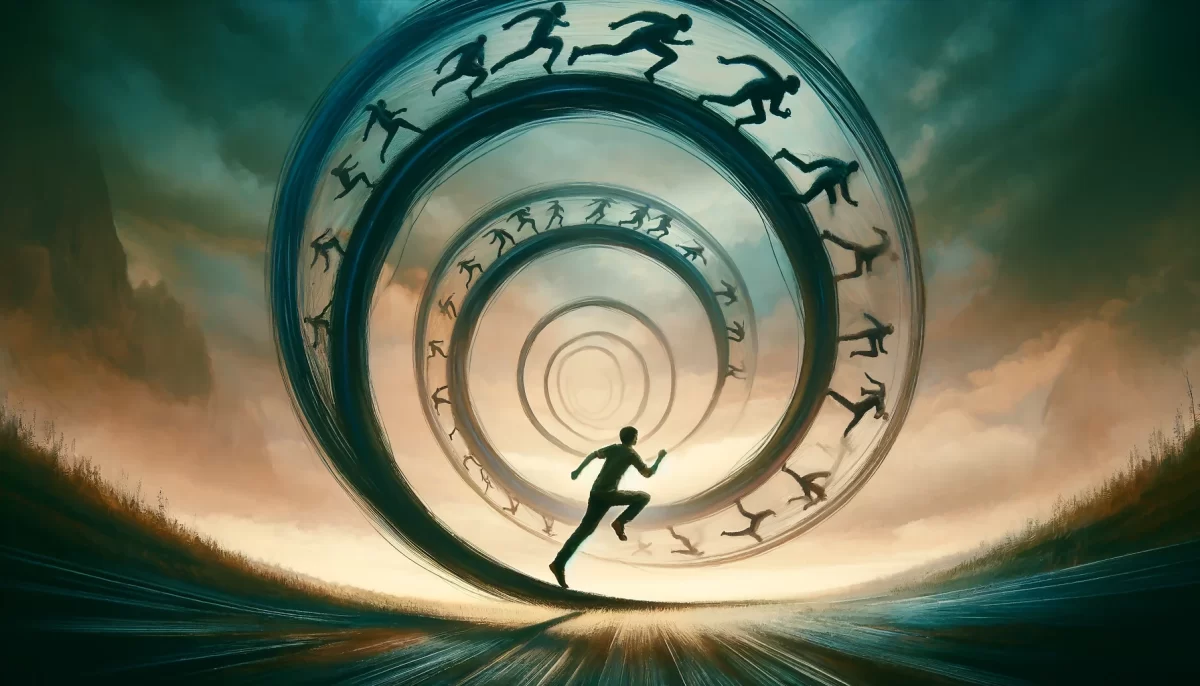
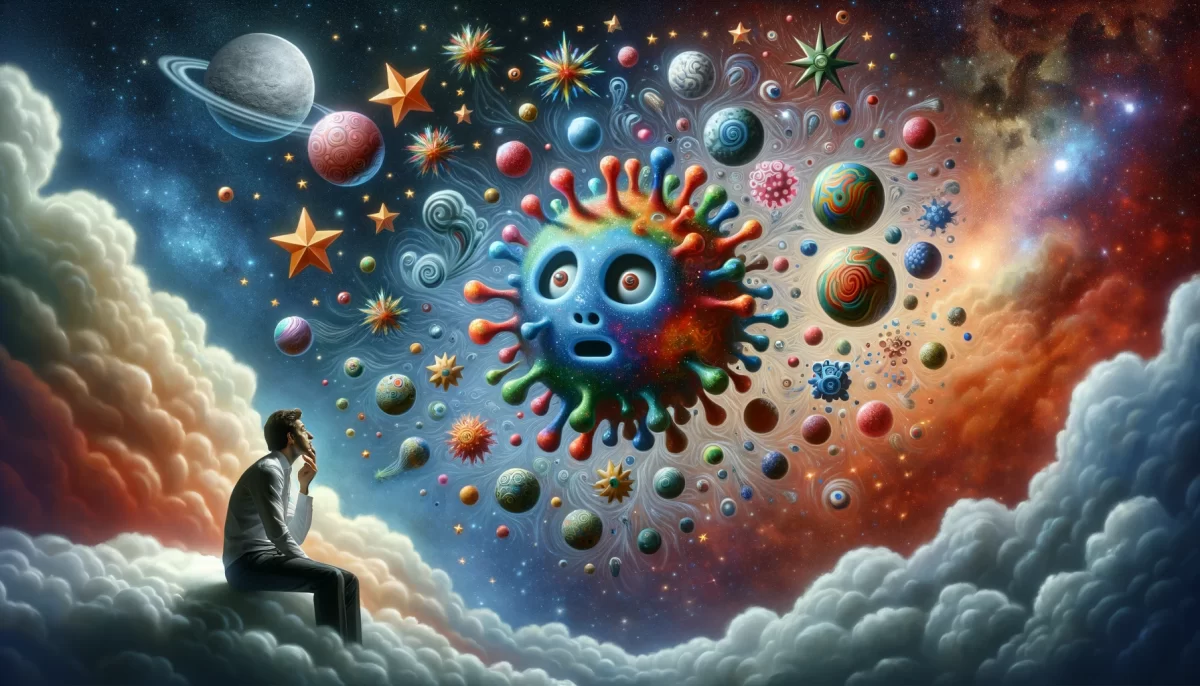


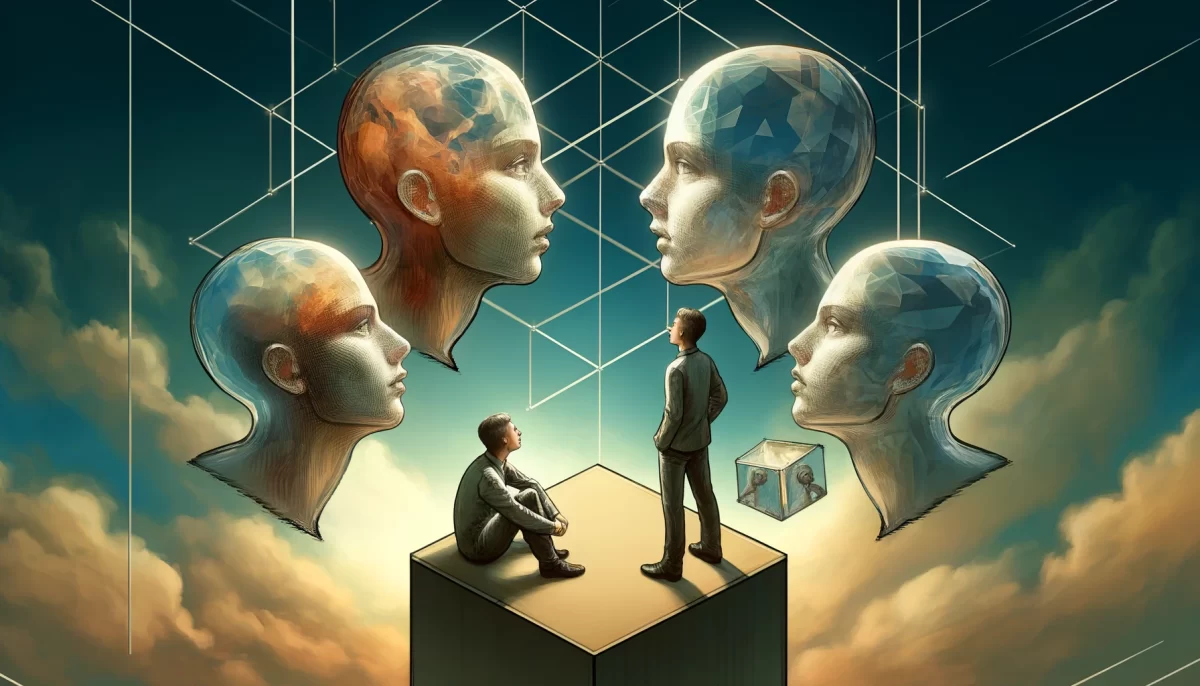
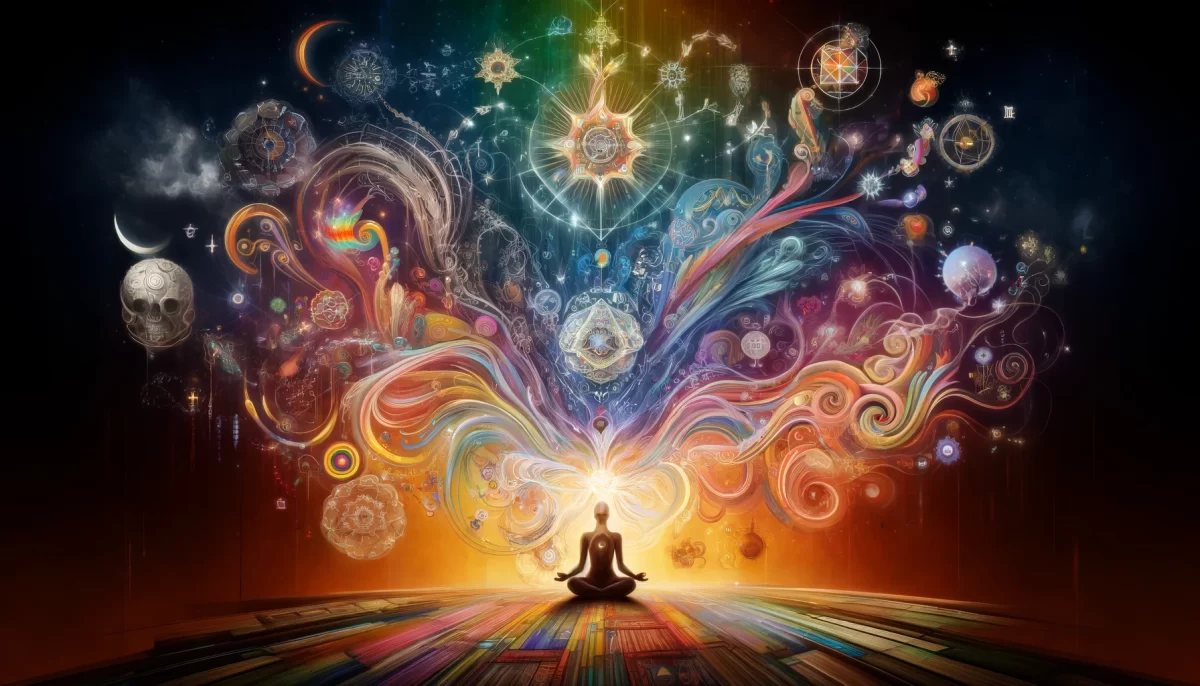
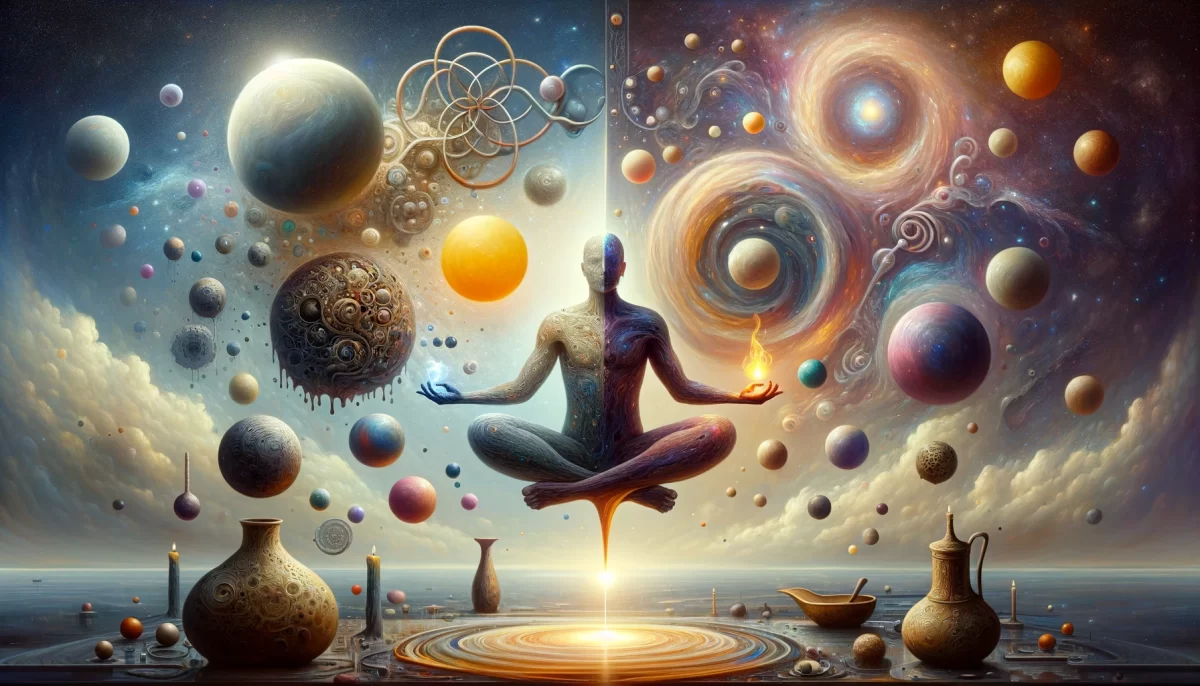

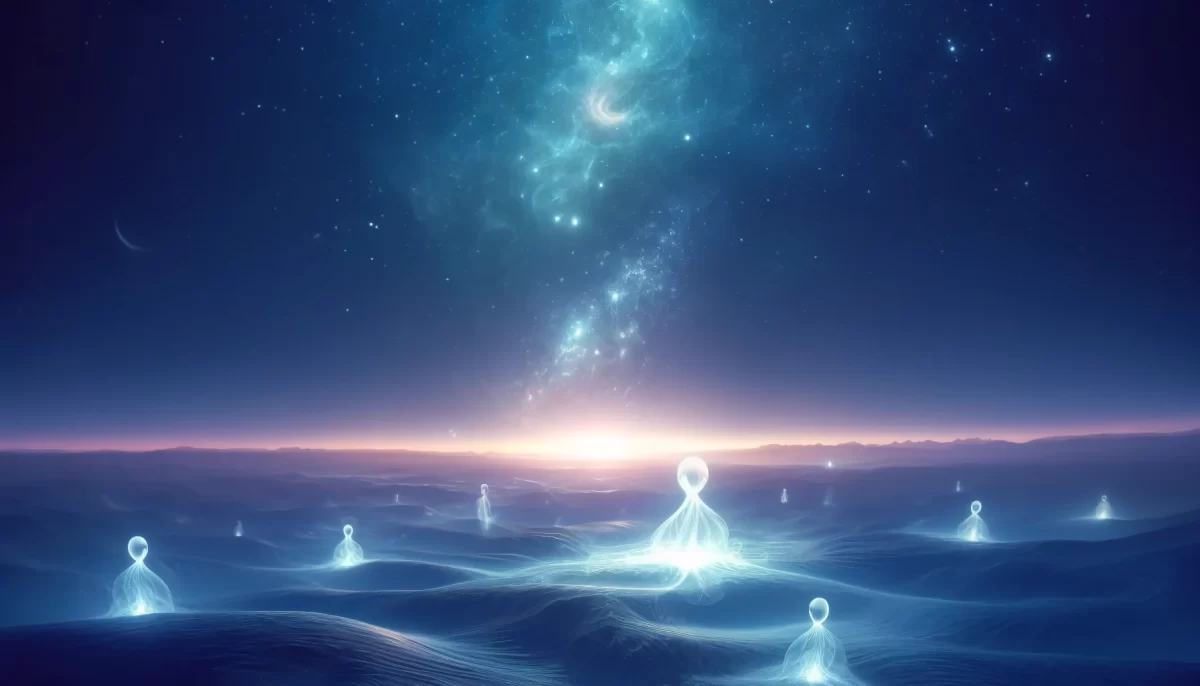
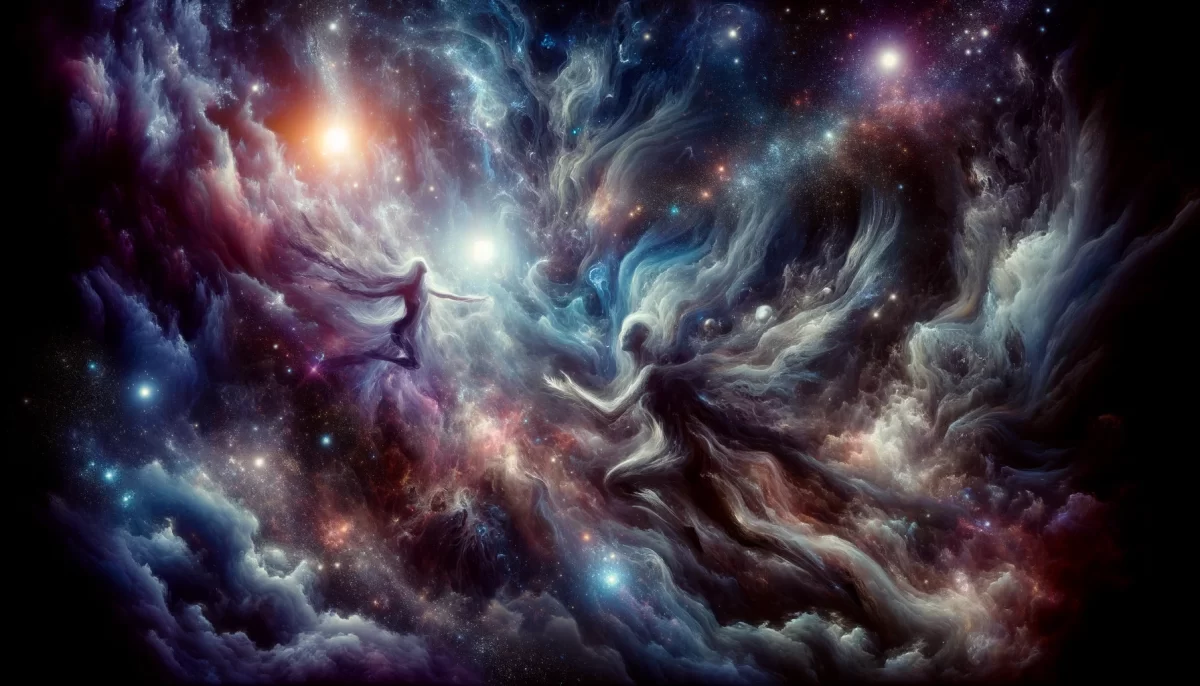



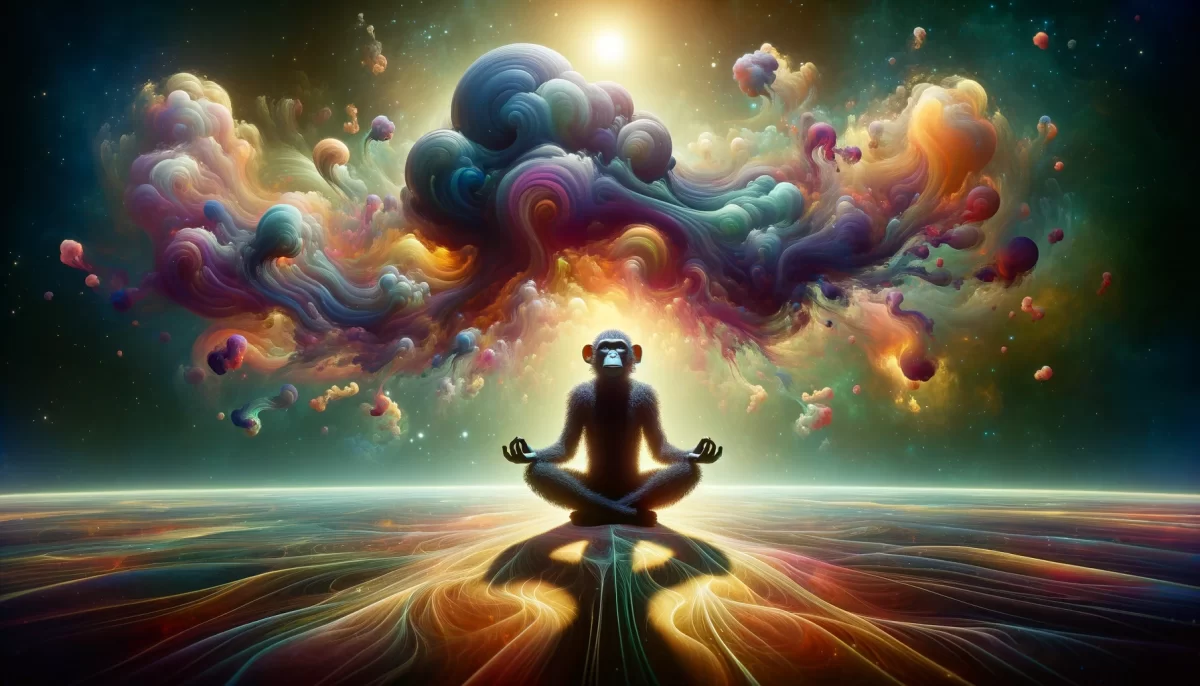
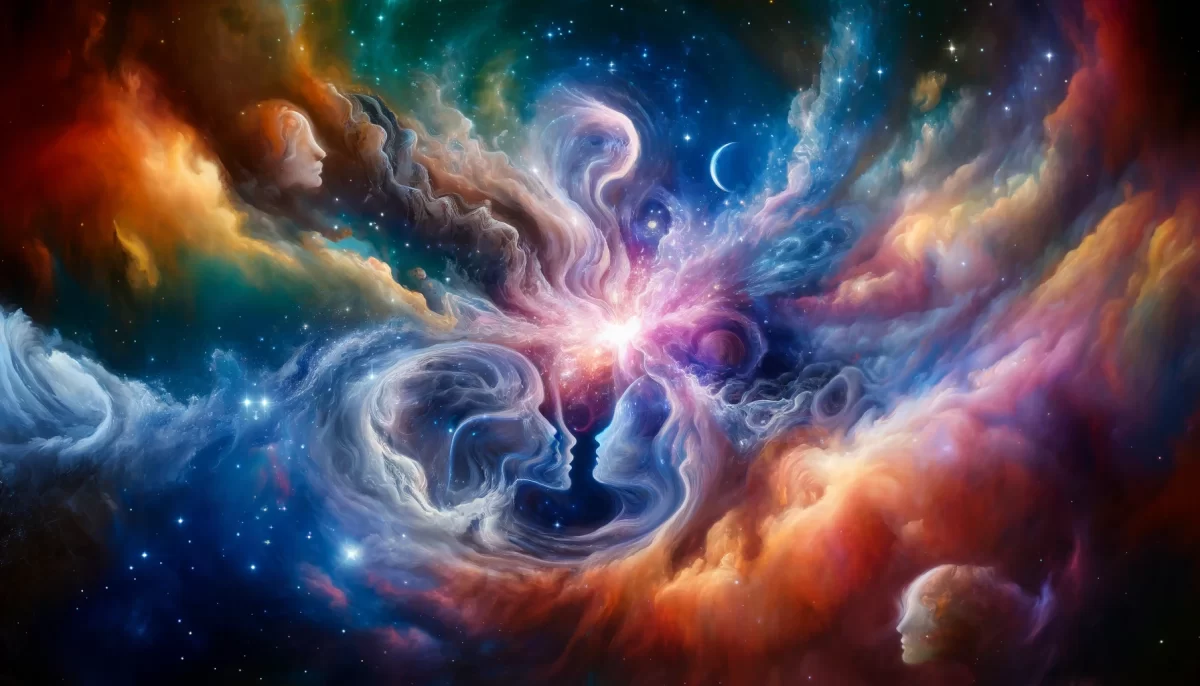
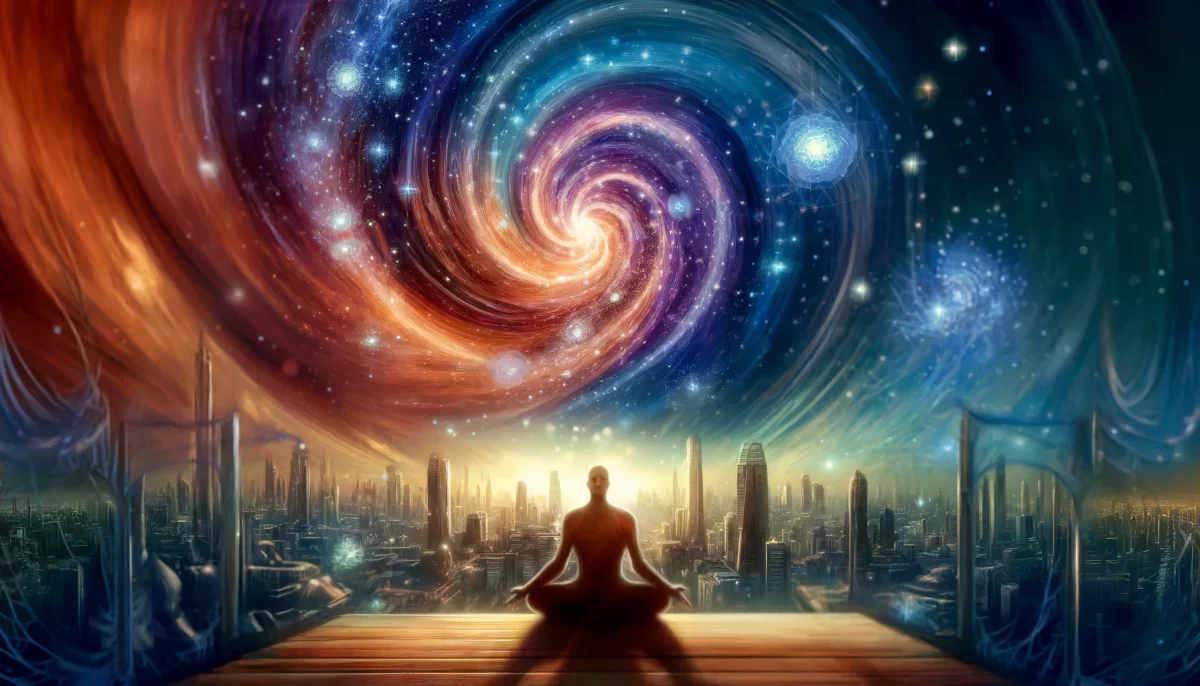
Leave a Reply